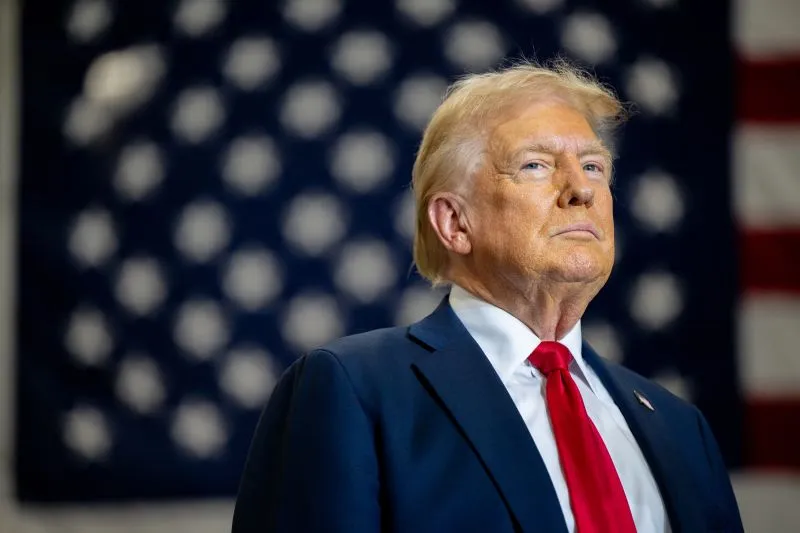Trump’s Tariff Policies Would Spike Inflation and Wipe Out Jobs, Study Reveals

Potential Economic Impact of Trump’s Tariffs
Trump’s proposed tariffs are positioned not as solutions to the affordability crisis but as catalysts that would severely manage inflation and job opportunities. According to a working paper by the Peterson Institute for International Economics, these measures could exacerbate economic strains. This analysis offers the most extensive examination to date regarding the consequences of Trump’s economic plans.
Unfolding Economic Consequences
- The study predicts that employment could decline by 2.7% by 2028.
- Inflation may reach as high as 9.3% in a severe scenario.
- GDP could fall by as much as 9.7%, hinting at long-lasting effects on the economy.
By 2040, consumer prices could be nearly 41% higher, intensifying financial strains on households across the nation. These proposed policies stand to reshape the economy significantly, leading to shifts in employment across various sectors, particularly in agriculture and manufacturing.
The Broader Implications of Trade Policies
Trump's trade agenda is likely to trigger retaliatory tariffs globally, exacerbating trade tensions and challenging American businesses. The repercussions could be felt beyond North American borders, affecting global economic stability as well.
This article was prepared using information from open sources in accordance with the principles of Ethical Policy. The editorial team is not responsible for absolute accuracy, as it relies on data from the sources referenced.